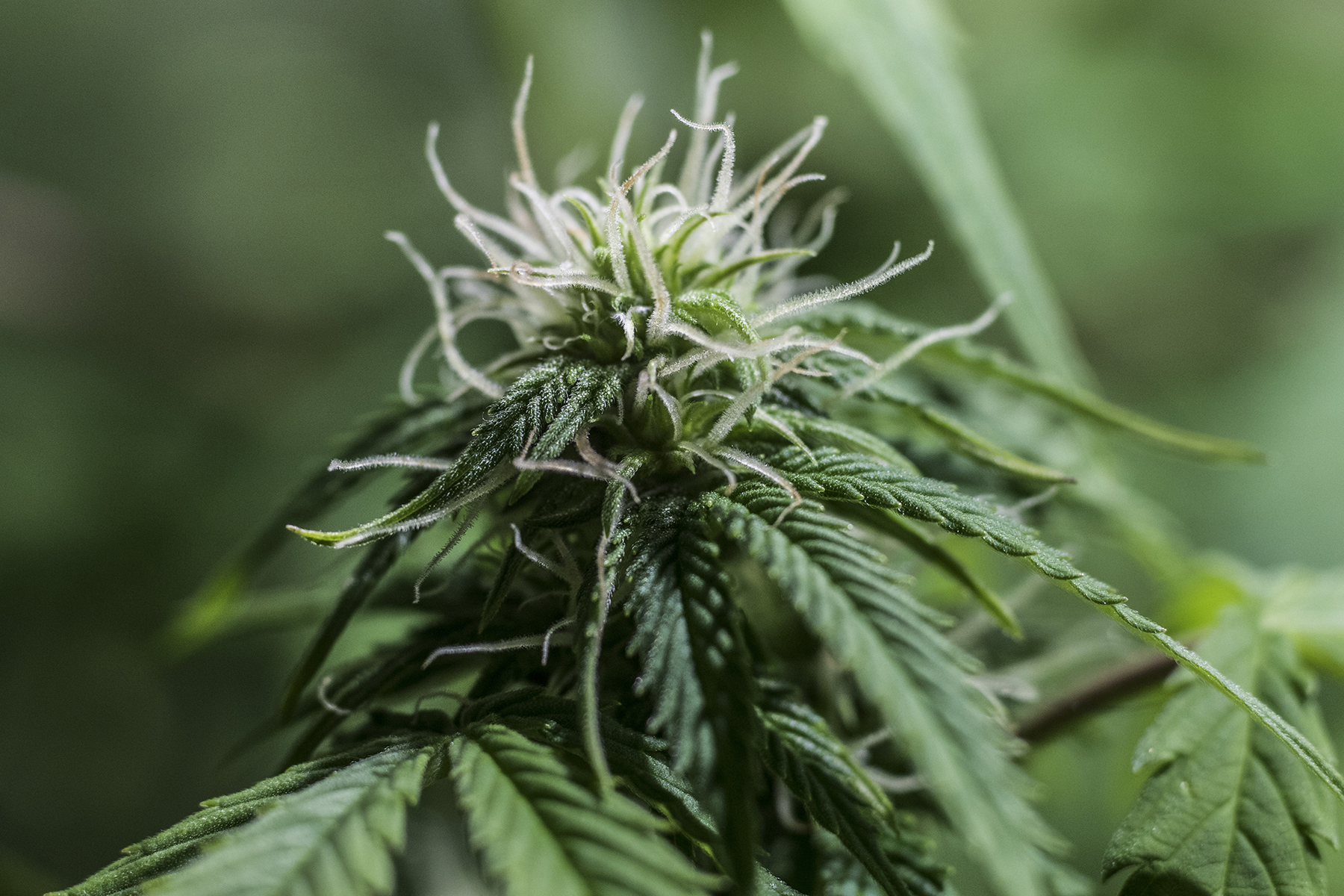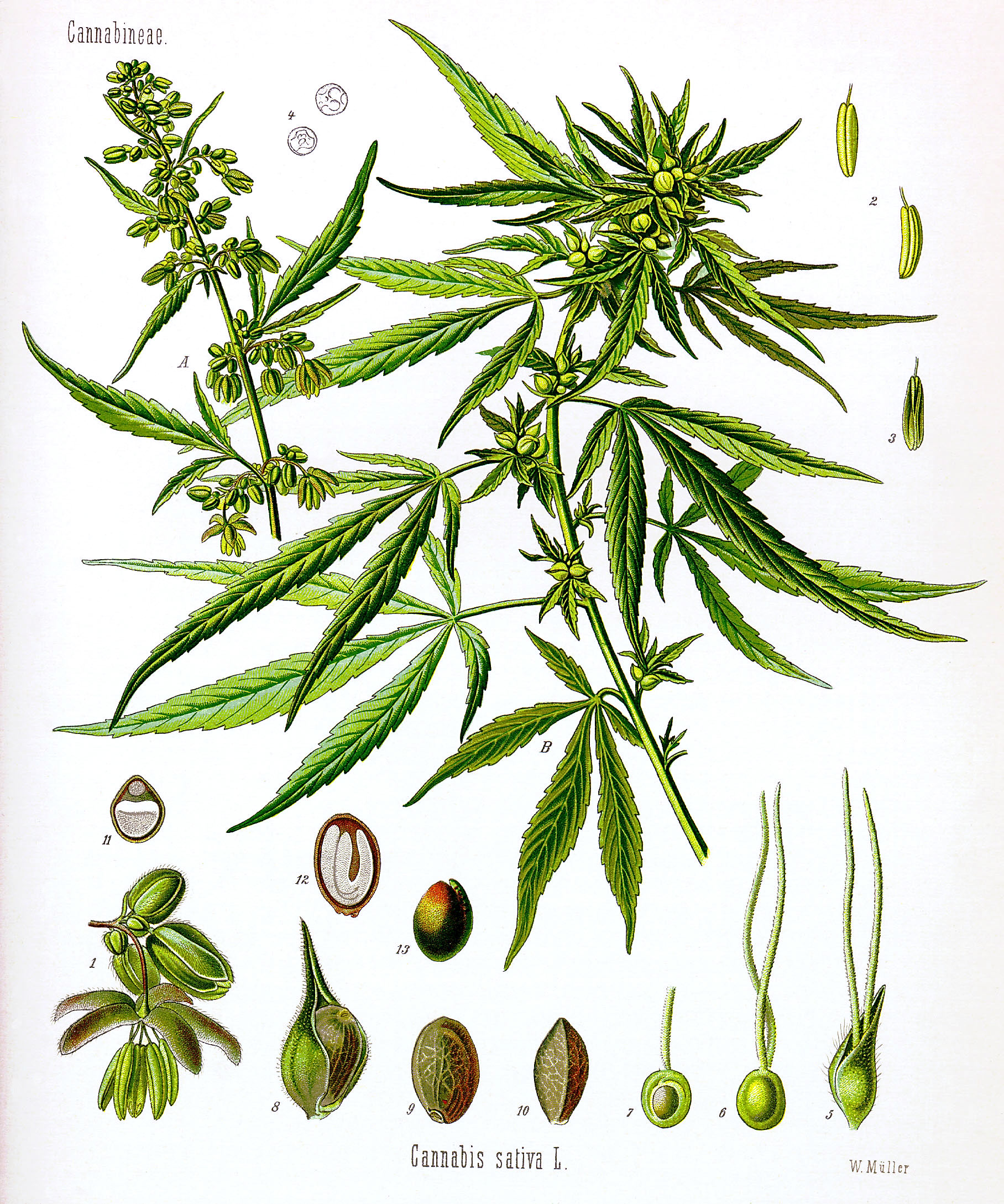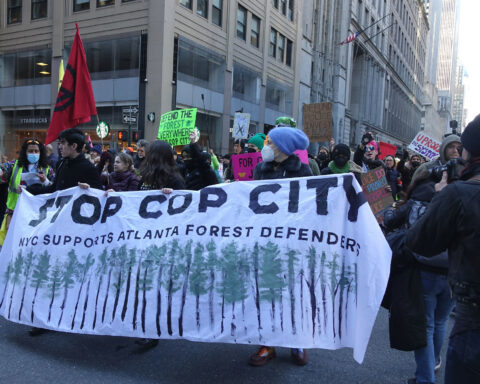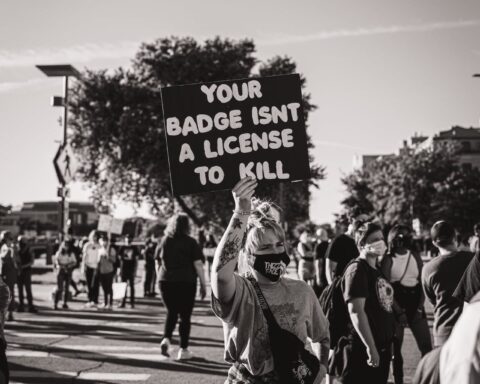Allowing Berkshire farmers the right to grow marijuana could help ensure that our local agricultural tradition remains a defining part of our lives. The local food that we are so grateful for is the product of a struggling industry. Farms in the Commonwealth are lucky if they break even and most net only a few thousand dollars a year after expenses; many farmers work multiple jobs to keep their farms afloat.
Farming is hard work with little economic return for the effort, especially in the Berkshires with high property values and development pressures. Most of us appreciate local food without realizing how difficult it is to make a living growing it. That’s why the legalization of cannabis is such an important opportunity here: in the words of one farmer, “A cash crop only comes around once every hundred years; please don’t take this opportunity away from us.”
In Williamstown, a cadre of wealthy rural homeowners has organized to roll-back the right to outdoor cannabis cultivation. The pot prohibitionists’ rhetoric is reminiscent of Reefer Madness: the moralistic, propaganda film from 1936 that claimed the “demon weed” would destroy our society and lead to degenerate teenagers and societal despair. Today, marijuana is legal (or in the process of becoming legal) in most progressive states. It’s less deadly and less addictive than alcohol and is an accepted therapy for many conditions. The fear-mongering language being slung around makes you wonder if we’ve progressed beyond 1936.
Several years ago, Williamstown’s citizens voted to allow marijuana businesses. Cultivation, processing, and dispensaries are legal and are heavily and carefully regulated by the Massachusetts Cannabis Control Commission. It’s an economic development initiative. The sole dispensary in Williamstown, Silver Therapeutics, is one of the most successful retail operations we’ve seen in years, bringing in nearly $400,000 to the town through sales tax and host community fees in one year. Contrary to the opponents’ claims, it did not lead to the town’s downfall or to a population of degenerate teenage potheads; in fact, on most days a constant stream of middle-aged professionals can be seen pulling up in their Subarus and Volvos to buy quality Massachusetts-grown cannabis products. (Mass. dispensaries may only sell Mass-grown.) A second marijuana dispensary is soon to open in town: the significant financial benefits to the town’s coffers has quieted the opposition.
The prohibitionists have now turned their energies against the farmers who are potential future growers. The putrid odors, frightful fences and dangers to children that they imagine sound more like the description of a toxic dump. Make no mistake: those who would deny farmers the chance to benefit from legal marijuana are prioritizing their bucolic rural views, made bucolic by the very farmers they are standing against, over the local economy. Sadly, the bucolic landscapes are increasingly becoming devoid of working farms. There are only about a dozen farms left in Williamstown. With each passing year, more family farmers file for bankruptcy, and more rural land is converted to housing. If you support local food and farms, please support the continued right to grow a crop that can generate more income than zucchini and rhubarb. The revenue from cannabis cultivation would help keep our farmers in business and keep local dairy, vegetables, and meat on our plates.
The outdoor cultivation bylaw proposed by the Williamstown Agricultural Commission and brought forth as a citizens petition tightens the already restrictive outdoor regulations developed by the Massachusetts Cannabis Control Commission. These stricter rules would ensure that no schools or neighbors are adversely affected, they limit growing to the rural zones to a maximum of 50,000 square feet (about 1 acre), Include large setbacks from neighboring properties, and require a special permit. Marijuana is legal. Pot shops sell only Mass grown cannabis. If you value the benefits our farmers bring to you, then please protect our farmers’ right to benefit from this opportunity. When we lose our farms, we lose our rural economy, pastoral landscapes, and farming heritage. The days of prohibition are over: distilleries, breweries and vineyards are popular lucrative tourist attractions. Soon enough, we will realize that niche marijuana growing presents that same opportunity. Let’s protect our Williamstown farmers’ rare chance to do more than break even.
Sarah S Gardner
Chair, Williamstown Agricultural Commission
Trustee, Berkshire Grown








I am a small personal grower and I 110% support the rights for a farmer to grow for dispensaries and the like. I am somewhat of a local name in my area as I am known for my community based entertainment events. I have always been about a proseperous community that is United in many ways. Yes prohibition is over. Let’s give the farming community the opportunity to prosper as well. I will stand by the local farmers anyway I can. Please let me know how.